With the massive popularity that online poker has gained over the recent years, people from all around the globe are eying the game with interest, wondering whether it would be possible for them to make a living as a poker pro. The allure seems obvious: lots of money, tons of free time, the flexibility to choose when and where you want to work (as long as there is an internet connection) and, if you’re lucky, a bit of fame to go along with it.
I’ve been a poker professional for over 5 years now, and I know at least a dozen people who also make a living through poker. I would like to offer my insight into what it is really like, without any hype and with as little bias as possible.
First of all, it is not as easy as you think. As someone wise said, “poker is the hardest way to make easy money.” Being a pro poker player is in many ways very similar to running a personal business:
1) you need to be very well organized.
2) you need to have tons of self-discipline.
3) you need to be your own boss and be able to make big, critical decisions.
4) you need to have good analytical skills.
5) you need to be very good at managing money and investing it wisely.
6) you need to be very patient, and expect not to see any considerable income for the first year.
I could probably name at least a few more.
If running your own business sounds like a daunting and impossible task to you at the moment, chances are very high that you will find poker a very hard challenge. The field is extremely competitive, thousands upon thousands of people spend many hours a day discussing poker and analyzing hands, excelling. In order to be a poker winner long-term, you need to be constantly ahead of others. Which brings me to my next point.
It takes more time than most believe. The idea that you can simply devote two hours a day and make thousands of dollars a month from poker is utterly false. Other than just play, you need to devote just as much time (if not more!) to analyzing your play with the help of other people. If you play 3 hours a day, for example, you should be spending 2-3 hours a day on poker education.
So let’s make it clear: you will need to devote at least 5-6 hours of your time daily (including weekends) if you want to make a living from poker. And more than that if you want to make a good living.
Third, and contrary to popular belief, the future of poker is not as bright as most people think. The game is definitely growing, yes, but there is growing concern about what the future of the game will be like in 3 or 4 years from today. Lee Jones, former manager of the PokerStars online room and the most highly respected experts in the field of online poker, claimed recently that if the currently prevailing trend of banning poker by governments isn’t reversed, online poker could actually face its extinction before the year 2015.
Many poker rooms are trying to fight this of course. Between all the enticing bonuses being offered, and the new Ladies Poker Leagues designed to attract more girls into poker, one can only hope that the game will still be popular 10 years from now. But what will happen later?
And finally, playing poker professionally can be very mentally taxing. When you are running good, it feels like the world belongs to you and life couldn’t be sweeter. When you are facing a major downswing, however, you tend to question everything you do. You are never entirely sure whether you are losing because the cards are cold, or because you are simply making mistakes. This self-doubt can become very disturbing, clouding your mind throughout the entire day and making you unable to focus on anything else. You feel like you just HAVE to go back to the computer and play so you can get over the downswing as quickly as possible. And to give you an idea of how terrible downswings can be — my friend, a very good No Limit $3/$6 crusher, faced a downswing that lasted for over 300,000 hands. This means that he was playing 4 hours each day of the week for over a year, and was losing the entire time. And he is an exceptionally good player. When poker is your only source of income, this can be an extremely hard challenge to overcome.
With all of this in mind, more professional poker players are beginning to think of alternative ways of making money. We simply understand that the future of the game is in no way certain and that we need to be prepared for the worst.
Please keep in mind that the above is not meant to deter you from playing poker. It was simply meant to shed a different light on things, from my professional perspective. There are plenty of articles that talk about the positive sides of poker, feel free to google them.
If there is anything I hope to have accomplished through writing this, it is that maybe just a few people will approach poker more cautiously and with a more open mind. And if you ever decide to devote your entire future to poker, do come back and read this again — especially if you are planning to drop out of school for the sake of poker.
By Mark Conner
Mark Conner has been playing poker professionally since 2005. He started off by playing freerolls, and currently is a regular grinder at the $2/$4 No-Limit Texas Hold’em online games and runs a poker girls photo blog.

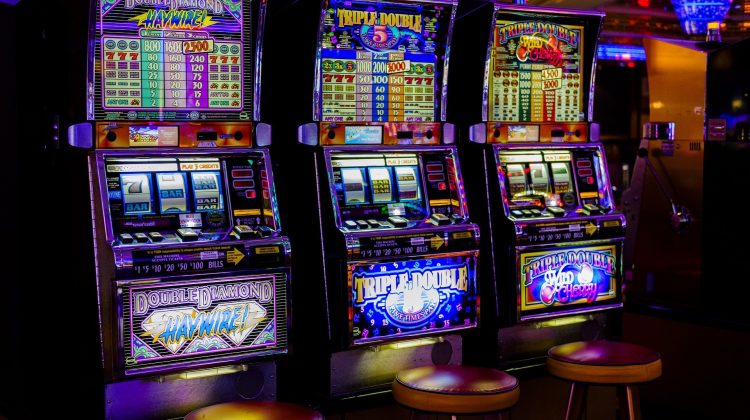

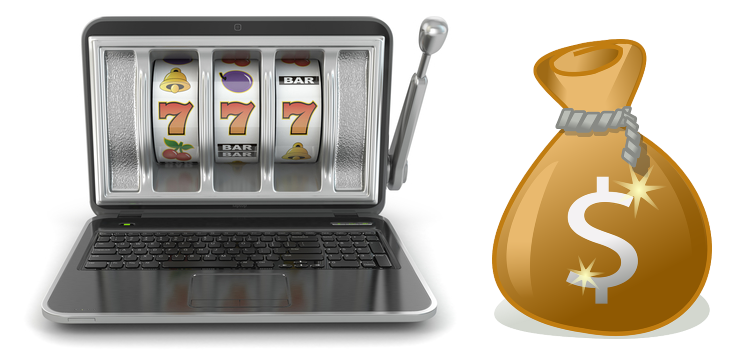

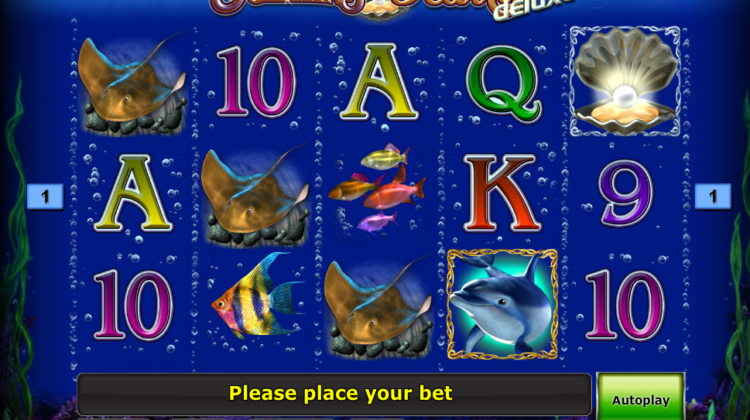


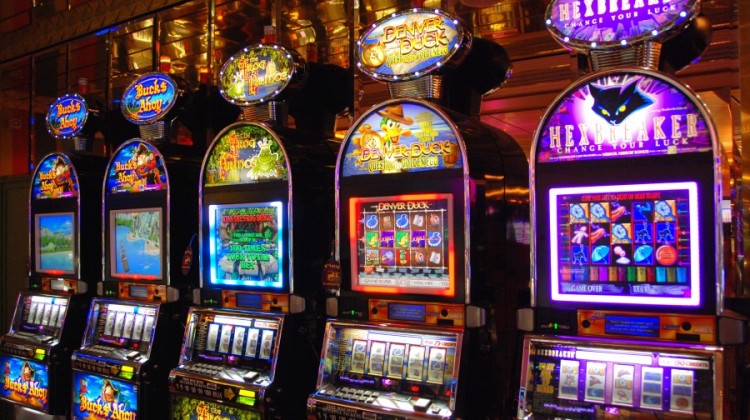
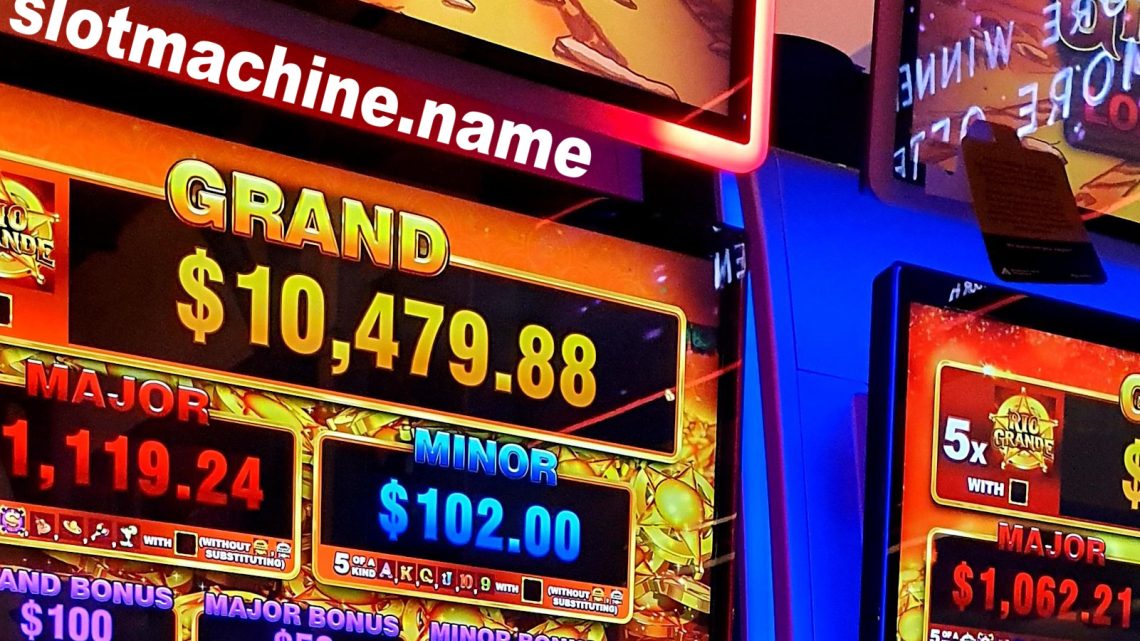
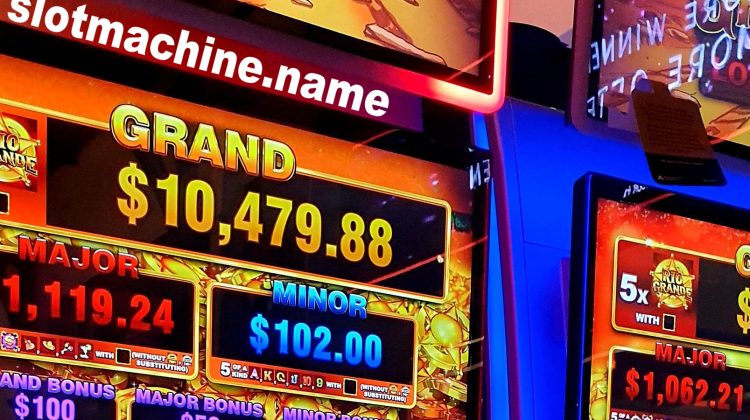
No Comment